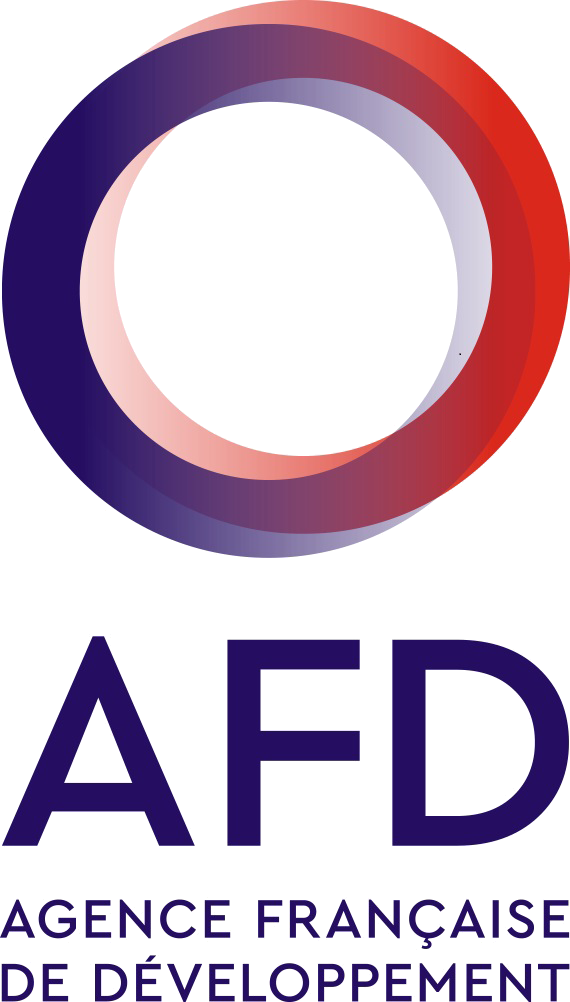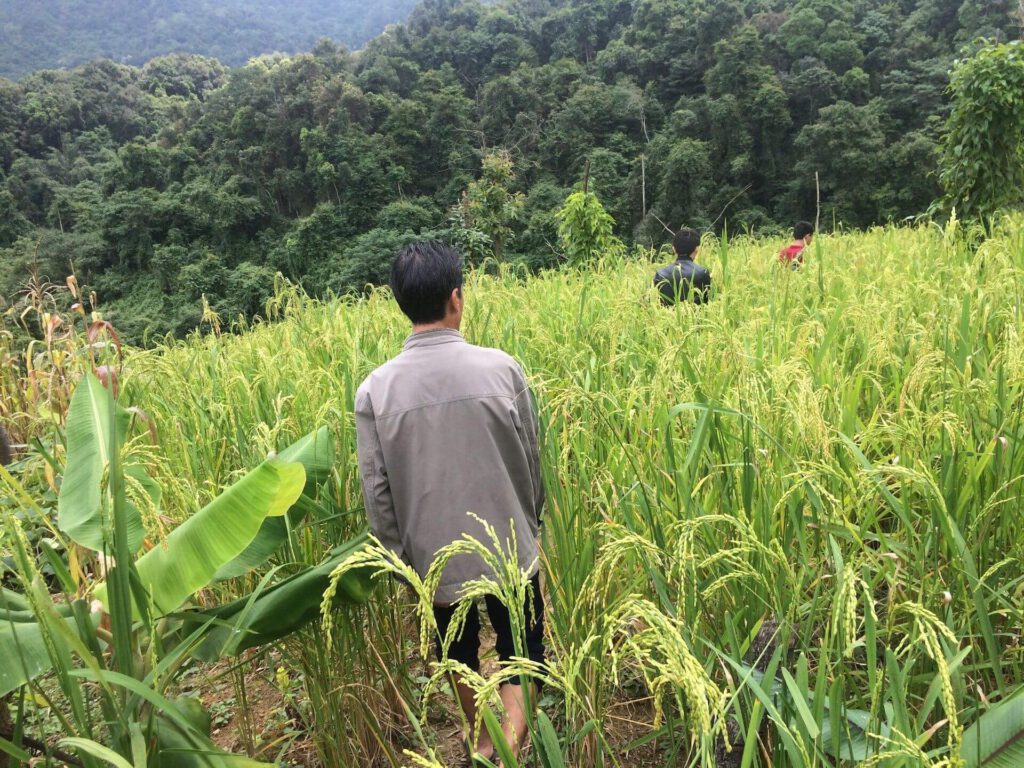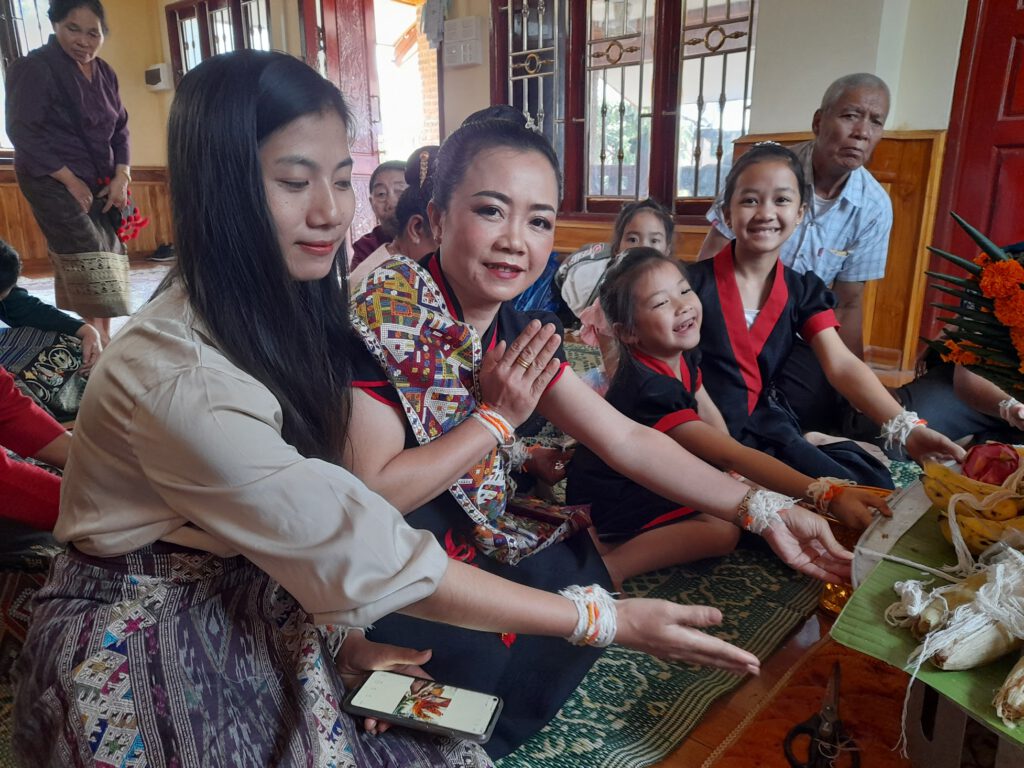Kanvang Sustainable Livelihoods


Kanvang Sustainable Livelihoods through Agroforestry Coffee
- Donor: French Development Agency (AFD)
- Implemented by: The Ministry of Agriculture
- Operated by: UPLAO
The Namvang Sustainable Livelihoods through Agroforestry Coffee Project, conducted from June 2018 to June 2020, successfully addressed the challenges of shifting cultivation and unsustainable cash cropping practices prevalent in the uplands of Oudomxai province, Laos. With collaborative efforts from the Beng District Agriculture and Forestry Office (DAFO), UpLao, and the farmers of Kanvang village, the project aimed to promote sustainable agricultural techniques, diversify the rural economy, and enhance livelihood resilience.
Objectives Achieved

Diversification of Rural Economy
The project successfully expanded local coffee agroforestry plantations and introduced high-value intercrops such as plum, macadamia, avocado, and beekeeping. This diversification enhanced the resilience of the local economy and provided sustainable alternatives to traditional cropping systems.

Improvement of Agricultural Production Techniques
Sustainable agricultural practices focusing on soil improvement and preservation were taught to farmers. Techniques like composting in a circular agricultural system were applied, promoting soil fertility and environmental sustainability.

Increase in Local Income
Through capacity training, farmer organization, and value chain development, the project increased local income. Farmer cooperatives were established, processing facilities were set up, and sustainable commercial partnerships were created, linking agricultural produce to national and regional consumer markets.
Approach and Methodology
The project employed a bottom-up approach, prioritizing the needs of the village community while offering sustainable solutions aligned with socio-economic and environmental conditions. With support from RECoSeL, agroforestry plantations were expanded, fallow lands were transformed, and sustainable cropping systems were introduced. Farmer-to-farmer exchange visits and participatory workshops facilitated knowledge sharing and skill development.
Impact
Diversified Economy
Introduction of high-value intercrops and beekeeping diversified the rural economy, reducing dependency on unsustainable cropping practices. Improved Agricultural Practices: Adoption of sustainable techniques enhanced soil health and fertility, promoting long-term environmental sustainability.
Increased Incomes
Capacity training and value chain development led to increased incomes for local farmers, improving livelihoods and reducing poverty levels.

Conclusion
The Kamvang Sustainable Livelihoods through Agroforestry Coffee Project successfully achieved its objectives of promoting sustainable alternatives for upland communities in Oudomxai province. Through collaboration with local farmers, government agencies, and commercial partners, the project empowered communities, enhanced livelihoods, and promoted environmental sustainability. The project serves as a model for sustainable agricultural development in upland regions, with its success paving the way for similar initiatives in other communities.
